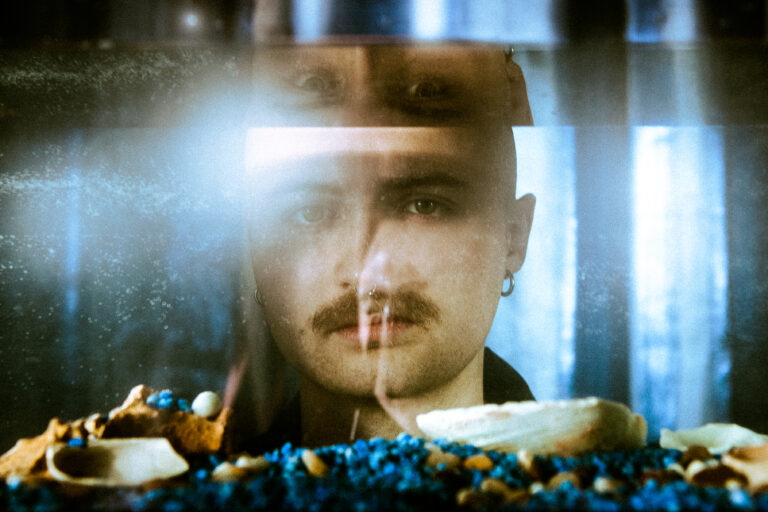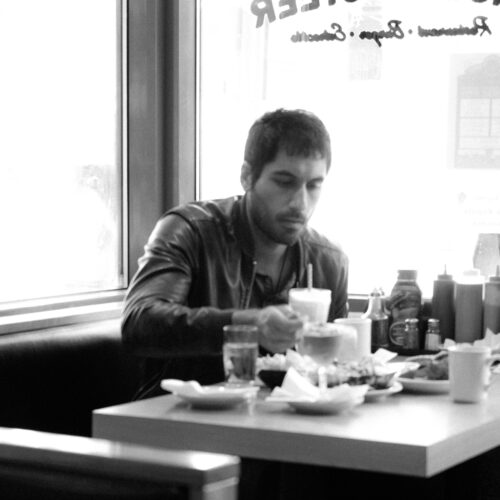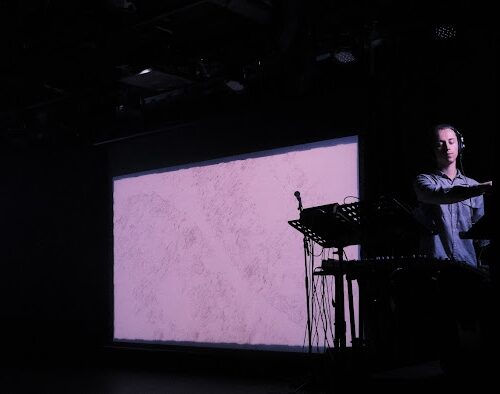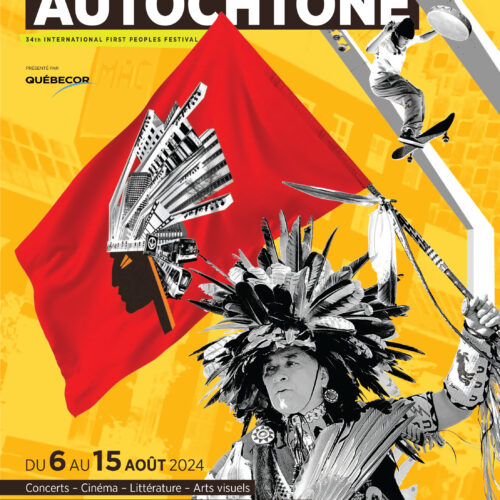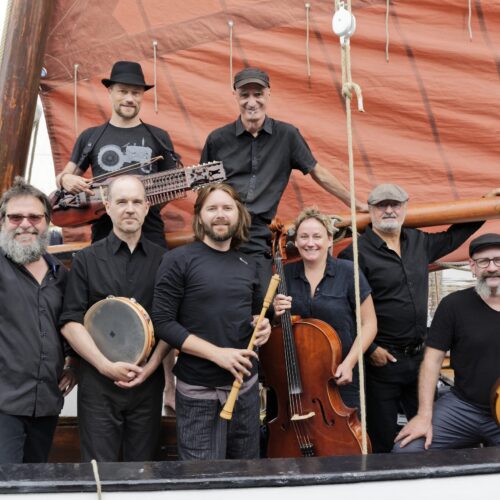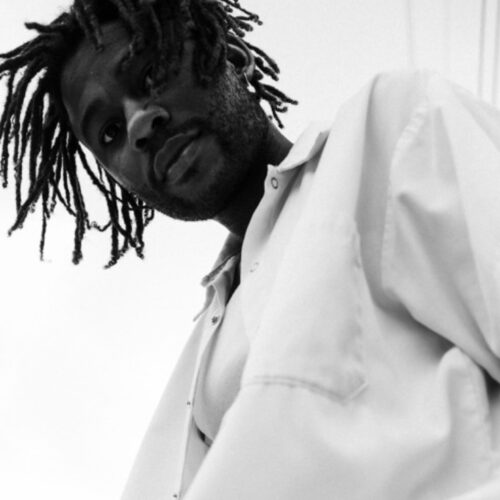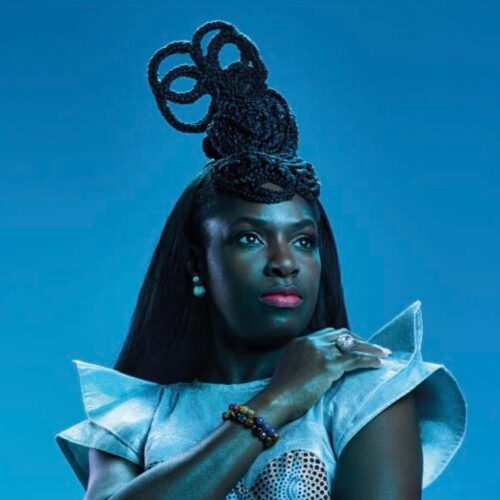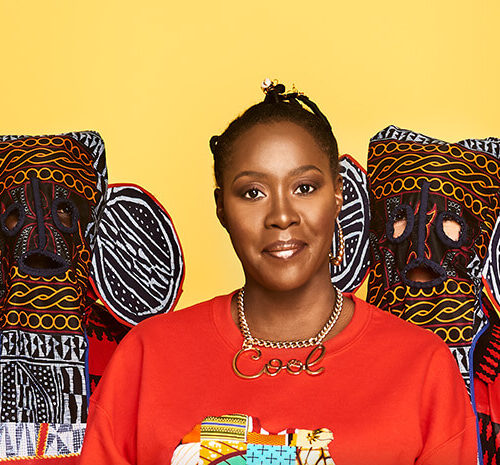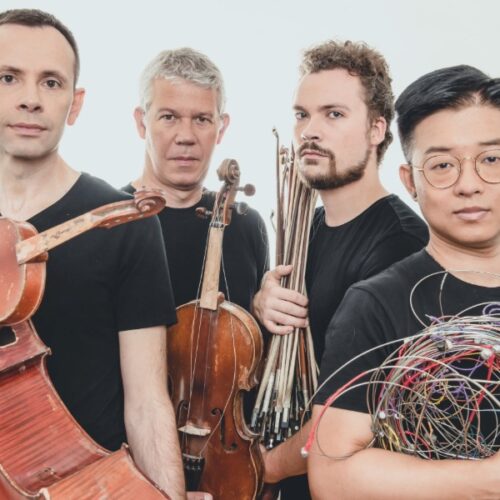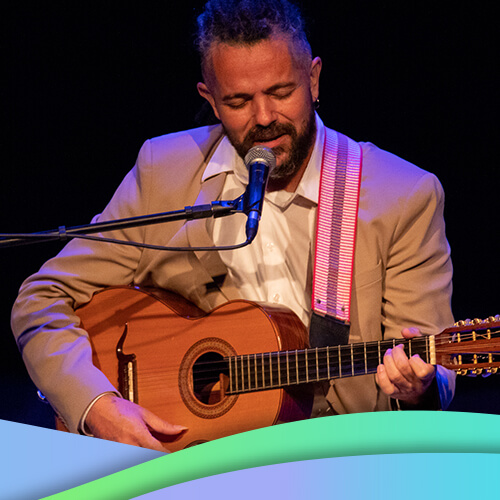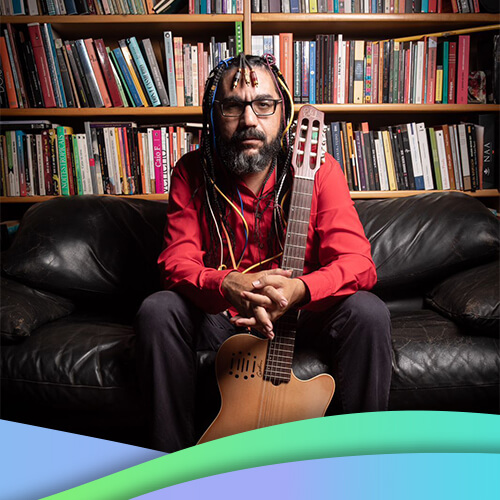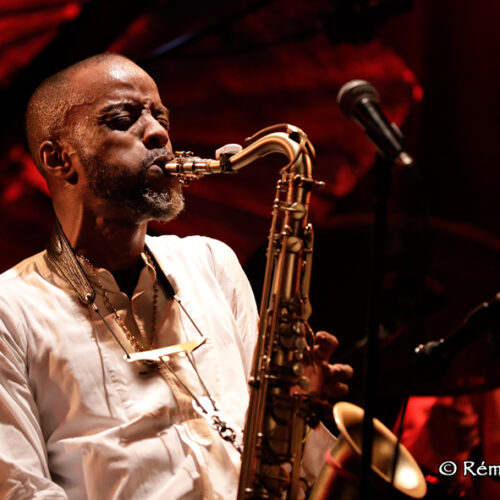Additional Information
PAN M 360 : Hey ROM1, thanks a lot for being with us today. You’ve just had your first release and it’s clear to anyone who listens to your record that it was a very personal undertaking. There’s a lot going here and so perhaps we can get started at the beginning of this project?
ROM1 : My goal really was to find my own voice. After playing in bands for a long time as a drummer, making other people’s music, it was a time to get alone in the studio and have my music being made with like no compromises.
PAN M 360 : So did you have some idea of what that voice was to begin with or was it really a process of discovery?
ROM1 : Well, there was a lot of exploration for sure. I kind of knew where I was going in the way of having my references and a particular sound in mind, but there was definitely a lot of exploration to get there. And a lot of learning for sure.
PAN M 360 : Can you tell us a bit about your background as a musician?
ROM1 : Yeah, I started playing drums really early because my brother was playing guitar. You know I got into a lot of classic rock music, soul music, always kind of from a drumming perspective, but early on too I was hooked on really nice songs. Some Bill Withers tunes, some Zeppelin riffs, a lot of Chili Peppers as a teenager. And then as I went more deeply into listening to music I discovered more dense, more intricate productions and I think that’s where it really hit for me.
PAN M 360 : What kinds of bands were you playing in?
ROM1 : So a lot of funk bands, rock bands and some jazz. I was at jazz school for a bit.
PAN M 360 : It’s interesting to hear you say that because I felt that even if your album doesn’t necessarily touch on those influences, it was made by someone who has experience in a lot of different styles. But at the end of the day it’s a producer-songwriter album.
ROM1 : Yeah, that’s the music that I love. I love funk music, I love rock music, I love jazz, but the one music that really resonated with me has always been more produced, personal, vulnerable, intimate, more like headphone music rather than live music.
PAN M 360 : Was there some sort of sound in Montréal that you were trying to find?
ROM1 : Yeah, absolutely. One of the reasons why I moved to Montréal was for Half Moon Run. In my high school years they were one of my favourite bands and they just represented this city for me. The Dark Eyes album was so impactful just in terms of the songs and the vibe and I got really attached to that record for a bit. And then coming here I listened to a lot of Montréal made music, a lot of Montréal producers, and the feeling of knowing them from afar, sometimes knowing them personally, seeing them around is something that I really value. It makes me feel like I’m part of the city and I think it’s really beautiful to have art that I love around me.
PAN M 360 : And how did the Air Conditionné kind of aesthetic manifest itself?
ROM1 : I had this very specific walk when I was working on the music very deeply, from my old apartment to the studio that I was working in. And yeah, it was just on this walk that I did every day that I noticed different things and I started to see a lot of air conditioning units. And that image just stuck with me. Then as I thought about a lot of the lyrics and the themes started to unveil themselves, it was a lot about growing up and what the process of being conditioned to be a certain way brings about. I started therapy kind of when I was deep in writing lyrics so a lot of that came through and I liked that the title Air Conditionné had different layers of meanings.
PAN M 360 : For me the album title was suggestive of work, the work always needing to be done on ourselves in a way. And that we’re building and repairing and installing ourselves kind of all the time.
ROM1 : Yeah, I really like that too. It wasn’t my original one but it definitely works. For me it was about how an air conditioner regulates the temperature of a room and you know regulates the atmosphere. And for me that’s a lot of what music does also, you know, like listening to a lot of music in public spaces and restaurants and bars and seeing how different music can impact a room in different ways. The power that the music that you choose has. That for me is very interesting. Air Conditionné could be interpreted in different ways. It can be light but there’s also a deep meaning there and I also liked the idea of an era of time. In French we say “l’ère du temps” also, which means just a period of time, which I thought was also cool.
PAN M 360: Was there any reason in particular the whole record is in French, for someone who is perfectly bilingual and kind of at ease with both cultures?
ROM1 : Well I started writing in English at first. The very first demos were in English and it just didn’t resonate with me as much. And then as I was working on the music, the Hubert Lenoir record came out, PICTURA DE IPSE : Musique directe, which is the record that completely changed everything for me in terms of what I wanted to do. I was writing in French already a bit but that just sealed the deal. There’s still some parts of the record, especially some voice memos and everything that are in English, because English is a huge part of my life, it’s about 50-50. But because a lot of the record is about me growing up and what that was like, that was all in French, so it made sense for me to do that.
PAN M 360: Can you tell us more about the composition process exactly? Your songs have a lot of intricate detail and moving parts and I’m wondering how you worked it all out.
ROM1 : A lot of the songs started with a synth patch that I really like, a bass line, sometimes even just drums. I’m not in any way a pianist or a guitar player. I don’t really compose music. It was about creating textures and creating grooves and making those landscapes and then making a song at the end, with the parts and dynamics and lyrics. It wasn’t really like sitting down at a piano, figuring out a chord progression, a melody over it, and then recording it and adding stuff. I was really interested in the production part of the process and that’s what I had the most fun with. And then the lyrics and the melodies came pretty much at the end.
PAN M 360 : I imagine this whole process must have been very cathartic almost, but from start to finish, did you feel you underwent a sort of transformation to bring your vision to life? You said you wanted to find your voice and do you feel like you did?
ROM1 : Yeah, absolutely. I mean now the music that I want to make is a bit different than what I’ve made in the sense that I’ve learned so much and I think I would want to do things differently moving forward. But it’s super liberating to me to have finished this project, because I’ve been wanting to make music for myself in this very personal way for as long as I can remember I never really did it. I never had enough faith in myself that I could do that and now that I’ve proven to myself that I could make something of that size, I’m way more confident in my ability to do it again and better and to just keep doing it.
PAN M 360 : Was there anything that surprised you in the process of making an album from start to finish?
ROM1 : Yeah, well the sharing process has not been what I expected. I mean I’m just thinking about that now because that’s what I’ve been doing recently, like the record came out a month ago. While I was making the album I was also really looking forward to sharing it and promoting it and it turns out I really don’t like that part. I think it was probably the most difficult part for me. I thought that the most difficult part was going to be the isolation and being really strict, having really strict discipline to get that record done especially when you’re an independent music maker but it turned out the promotion and putting my face out there and really like showing myself in this really vulnerable way. It was important for me to show myself authentically and to be very vocal about what this record represented to me and that was extremely difficult.
PAN M 360 : Well I think it was worth it! So what’s next for ROM1?
ROM1 : Some… maybe a little bit of disappearing at first. I’m really excited to open a new chapter of my life, I just moved to a new apartment. I was telling my friend last night at dinner, for three years it felt like I had two jobs, my regular job and my music job that didn’t pay and that I had to finance my second job with my first job. And now I’m happy to only have one job and there’s already new music that I’m excited to work on but I think I’m going to do it differently and hopefully I get another record out there in a few years and hopefully some songs before then.
PAN M 360 : And maybe just to end on, could you tell us what your favourite song is on the album? Or the tune that means the most to you?
ROM1 : I think the song that I’m the most proud of is J’ai rien d’autre à vivre, which is the last song of the record. It’s the song that I had the most significant moment with. It’s the most songlike song on the record and it’s perhaps the only song that was really written as a song, like I had the whole parts before I produced it. I’m really attached to the lyrics because that’s something that I was feeling very strongly when I was working on the album. I think that’s probably the most meaningful one to me.
PAN M 360 : For me too. Thanks again ROM1.
